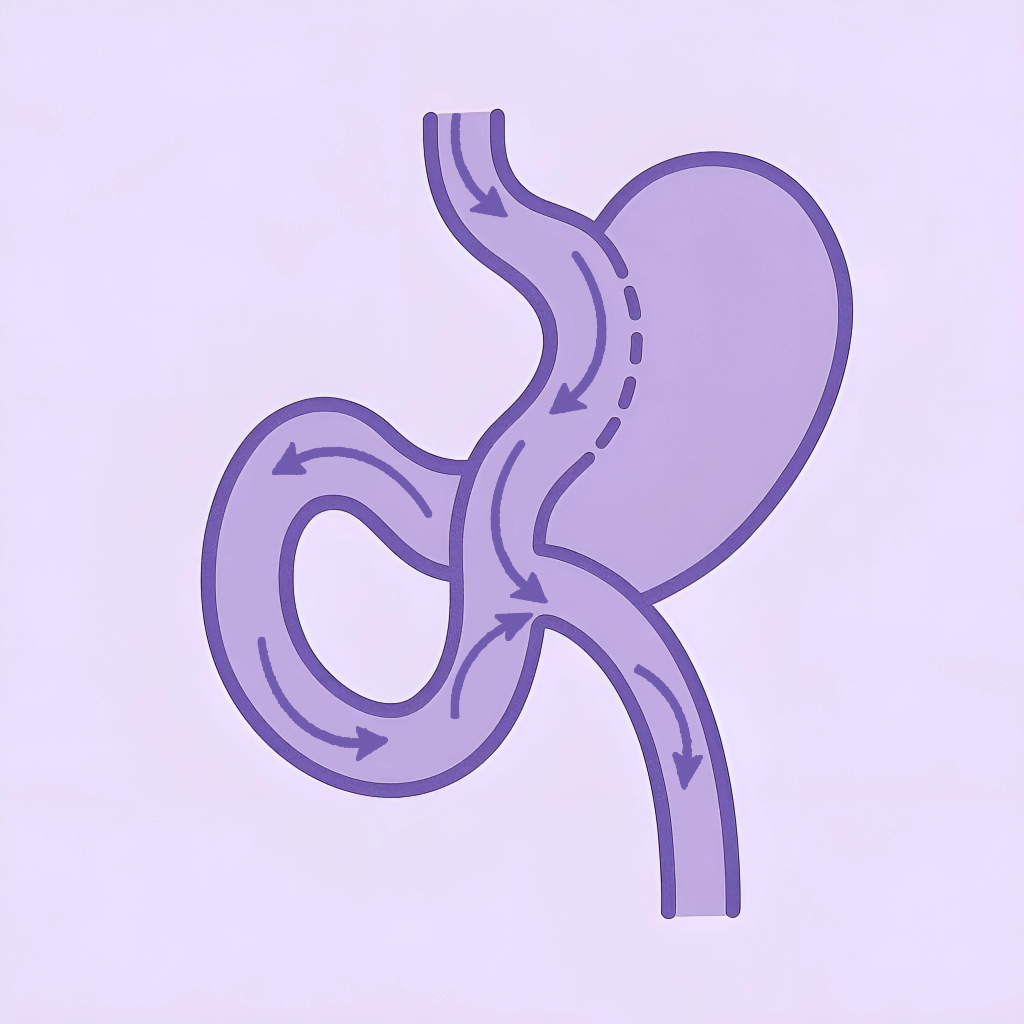Parathyroid







Parathyroid surgery is a procedure to remove overactive parathyroid glands to treat hyperparathyroidism and restore calcium balance.
Overview
Parathyroid surgery, or parathyroidectomy, is performed to remove one or more parathyroid glands that have become overactive. The parathyroid glands, located behind the thyroid, regulate calcium levels in the blood. When one or more glands overproduce parathyroid hormone (PTH), a condition called hyperparathyroidism develops, leading to high calcium levels that can cause kidney stones, osteoporosis, fatigue, and other complications.
The goal of surgery is to remove the affected gland(s) while preserving normal parathyroid tissue. Depending on the condition, the procedure may involve removing one, multiple, or all four glands if necessary.
When is Surgery Recommended?
Parathyroid surgery is recommended for individuals diagnosed with primary hyperparathyroidism, especially when it causes high blood calcium levels, kidney stones, bone loss, or significant symptoms. Surgery is the only definitive cure for hyperparathyroidism.
This procedure is often chosen by patients experiencing persistent fatigue, muscle weakness, frequent urination, abdominal pain, or memory issues related to calcium imbalances. It is also recommended when imaging confirms an enlarged or abnormal parathyroid gland.
Procedure Details
Parathyroid surgery involves identifying and removing the overactive gland(s) while preserving normal parathyroid function.
Anesthesia is administered for patient comfort.
A small incision is made in the lower front of the neck.
The affected parathyroid gland(s) are carefully identified and removed.
Blood calcium levels are monitored during surgery to confirm successful removal.
The incision is closed, and post-operative monitoring begins.
Recovery
Recovery from parathyroid surgery is usually quick, with most patients returning to normal activities within a few days to a week. Mild neck discomfort, hoarseness, or temporary low calcium levels may occur but typically improve with time.
We provide personalized aftercare, including calcium and vitamin D supplementation, pain management, and follow-up blood tests to ensure stable calcium levels. In cases where all four glands are removed, patients may require lifelong calcium and hormone replacement therapy.
Have questions about your treatment?
Our team is available 24/7 with multilingual support.

Frequently Asked Questions
Find answers to common inquiries.
Need personalized support?
WhatsApp us for a quick response—we reply within minutes.
What types of surgeries does Dr. Gül specialize in?
Why choose Türkiye for surgical procedures?
What is the recovery time for most surgeries?
What bariatric procedures are offered at the clinic?
How much weight can I expect to lose after bariatric surgery?
What languages does Dr. Gül and his team speak?
Will I need to take supplements after bariatric surgery?
Does insurance cover these procedures?
Can I combine treatment with travel in Turkey?
What support is available after surgery?
Our Expertise

Sleeve Gastrectomy
Minimally invasive surgery for long-term weight loss with a simple procedure and no rerouting.

Mini Gastric Bypass
Simpler, less invasive gastric bypass for significant weight loss and diabetes control.

Gastric Balloon
A non-surgical, temporary option for moderate weight loss without permanent stomach changes.
Follow Dr. Gül on Instagram





